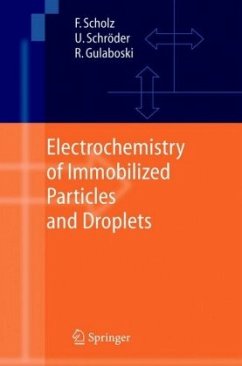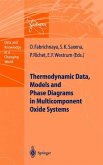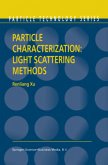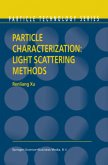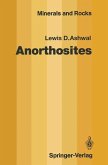Immobilizing particles or droplets on electrodes is a novel and most powerful technique for studying the electrochemical reactions of three-phase systems. It gives access to a wealth of information, ranging from quantitative and phase analysis to thermodynamic and kinetic data of electrode processes. Three-phase electrodes with immobilized droplets provide information on the electrochemistry of redox liquids and of compounds dissolved in inert organic liquids. Such measurements allow the determination of the Gibbs energies of the transfer of cations and anions between immiscible solvents, and thus make it possible to assess the hydrophobicity of ions - a property that is of great importance for pharmaceutical applications, biological studies, and for many fields of chemistry.
The monograph gives, for the first time, a comprehensive overview of the results published in more than 300 papers over the last 15 years. The experiments are explained in detail, applications from many different fields are presented, and the theoretical basis of the systems is outlined.
The monograph gives, for the first time, a comprehensive overview of the results published in more than 300 papers over the last 15 years. The experiments are explained in detail, applications from many different fields are presented, and the theoretical basis of the systems is outlined.
"Although the material covered is interesting, much of the attention was focused on electroanalysis, an area in which the main author, Scholz, is indisputably an expert. This reviewer particularly enjoyed the vastly qualitative information obtained from art specimens. Nevertheless, this book should provide those interested in the area with enough background information to become acquainted with major developments in the subject matter." -- Journal of the American Chemical Society, 127/2005, D. A. Scherson, Case Western Reserve University
Although the material covered is interesting, much of the attention was focused on electroanalysis, an area in which the main author, Scholz, is indisputably an expert. This reviewer particularly enjoyed the vastly qualitative information obtained from art specimens.
Nevertheless, this book should provide those interested in the area with enough background information to become acquainted with major developments in the subject matter.
Journal of the American Chemical Society, 127/2005
D. A. Scherson, Case Western Reserve University
Nevertheless, this book should provide those interested in the area with enough background information to become acquainted with major developments in the subject matter.
Journal of the American Chemical Society, 127/2005
D. A. Scherson, Case Western Reserve University
"This book certainly provides a detailed, very well arranged, and carefully prepared overview of the electrochemistry of immobilized particles and droplets which can be interesting not only to newcomers to this fascinating area of electrochemistry but also to experienced researchers in this field. It can be useful in any electrochemical and/or electroanalytical laboratory and serve not only as a valuable source of information but also as a useful guide how to solve many emerging problems." (Jiri Barek, Analytical and Bioanalytical Chemistry, May, 2017)

